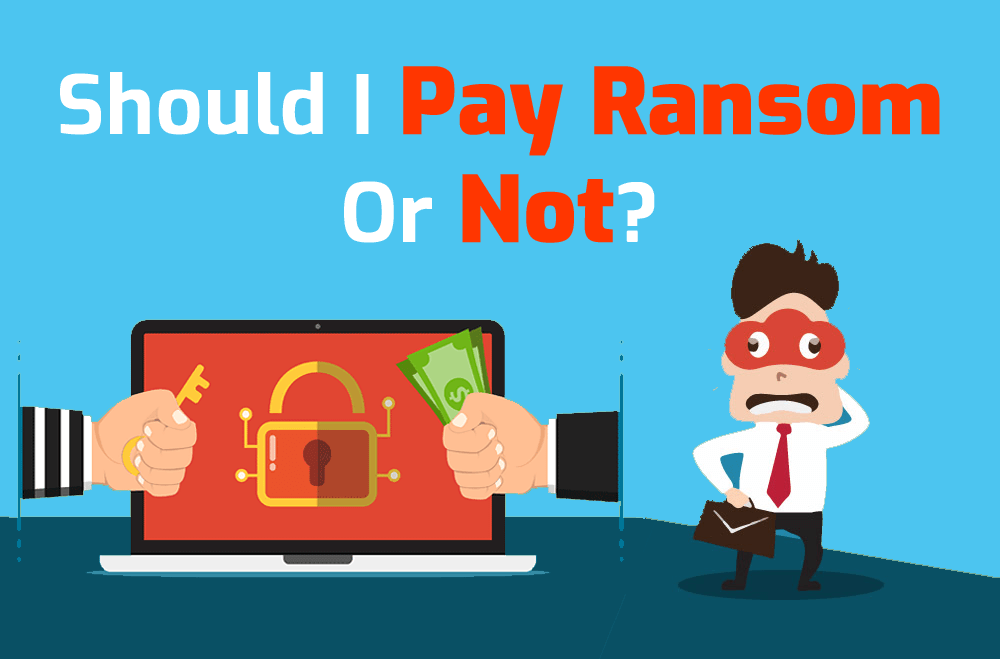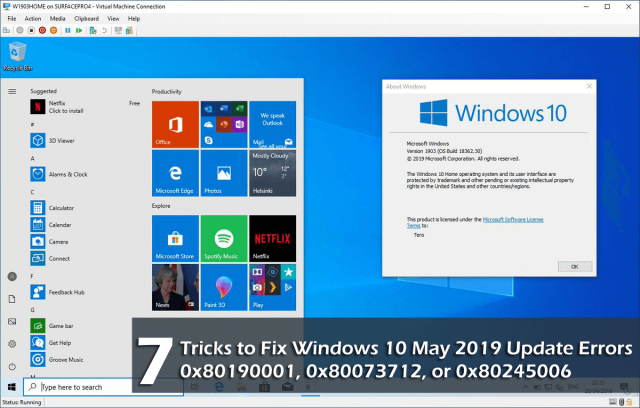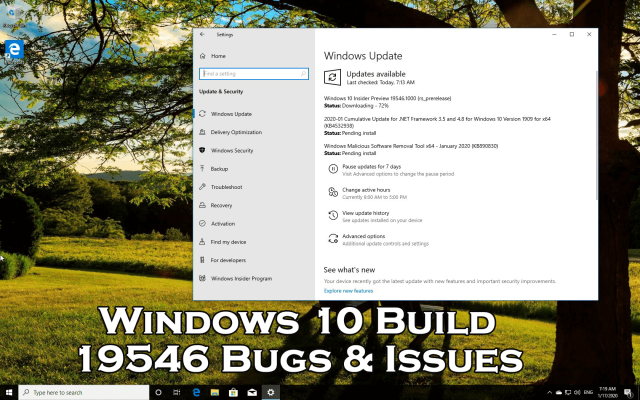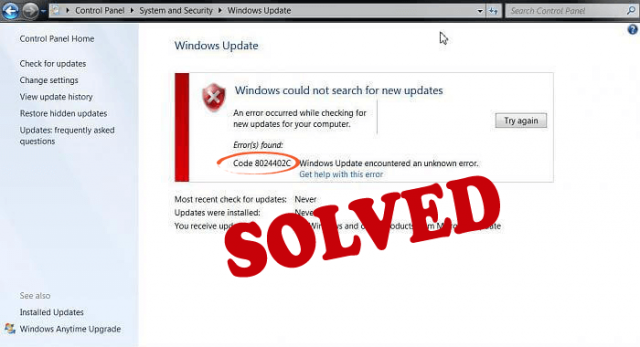What if you turn on your PC and found your computer is hijacked by the ransomware and is asking for a ransom to decrypt your infected files? It can be one of your worst nightmare. Now what, should you pay ransom to ransomware attack or not?
As we know ransomware belongs from malware family and is used by cybercriminals to block your access to computer. Ransomware encrypts your files and prevent access to your data. Cyber extortionists use ransomware to earn revenue by asking you to pay the demanded ransom.
To get back access to your files, you need a decryption key to decrypt the files encrypted by the ransomware attack. To get this decryption key, you need to pay a ransom to the cybercriminals.
But these ransom amounts are very expensive, and with each passing day, it’s getting more and more expensive.
It’s not easy for everyone to pay a ransom. It depends on your data, whether should you pay or not to pay ransom to a ransomware attack.
Should You Pay Ransom Or Not?
So, the biggest question left unanswered is, “Should you pay ransom or not?”.
Ransomware attackers don’t ask for a small amount. Usually, they demand ransom around $400 to $600, which is not a small amount.
The other thing that forces you to think about paying ransomware is your data.
Now think whether it’s worth paying a ransom for your data. Even though your data is on risk, security experts and law enforcement urge victims to “Not to pay!”.
I know it’s easy to say don’t pay ransom until it’s not your data on the risk.
But security experts do have a valid point for not paying the ransom to extortionists, as there is no way to guarantee that ransomware will not target back to gouge you for another payment.
If you will pay them once, then there are high chances that they will ask you for a second payment or even for the third payment and so on.
So, it totally depends on your circumstances whether should you pay a ransom or not during a ransomware attack.
But before coming to any conclusion, you should be well aware of ransomware impacts. So, let’s go and see how ransomware can impact your data and your business.
After-Effects Of Ransomware Attack
Ransomware can leave tremendous impacts on individuals and their devices. Following are the effects of ransomware attacks:
- Block access to the computer
- Restrict your access to files
- Encrypt all the files on a computer
- Makes your computer slow
How Ransomware Impacts Businesses?
Ransomware doesn’t only target individual users; companies, businesses, and big organizations also get infected with ransomware. It can interrupt the daily business operations and can lead to negative consequences, such as:
- loss of crucial and sensitive data
- Disrupt business operations or may cause a complete shutdown of the company’s operation
- Business downtime
- Financial loss due to restoring files and systems
- Loss of company reputation
- Productivity loss
- Damage of data, files and hostage systems
As you can see how vulnerable can ransomware be and how ransomware attack can impact you and your data.
These impacts will help you to make a decision whether do you need to pay ransom or not.
What If You Pay The Ransom During Ransomware Attack?
No argument can decide whether you should pay the ransom or not, because it’s your data and you can decide better.
If your data is very important for you, then you can pay the ransom. After paying the demanded ransom, you will get a decryption key.
This decryption key will help you to decrypt the files encrypted by the ransomware attack and then you will get back access to your computer and files.
Even though it’s ok to pay the ransom, but it would be much better if you will not pay the ransom.
There have been so many cases around the world where people have paid the ransom but didn’t get the right decryption key.
It is not guaranteed whether you will get the correct decryption key or not. So you need to take a decision wisely because paying a ransom doesn’t guarantee any solution, but it will embolden and encourage cybercriminals.
Important Tip
Even after paying the ransom don’t forget to take precautions to avoid this situation in future.
Take a daily backup of your data, avoid visiting malicious websites, don’t download software from unknown sources, and install the antimalware software on your computer.
If you are searching for the best antimalware tool, then I will recommend you to use Spyhunter. It is a malware removal tool that scans, detects, and removes malware from your computer and keeps it safe and secure.
What If You Don’t Pay The Ransom To A Ransomware Attack?
If you have decided to not to pay the ransom, then it means you will not get any decryption key from the hacker to decrypt files.
Not paying the ransom is a legally correct decision, because paying the ransom is not only illegal or immoral but also encourages extortionists to continue their extortions.
Cybercriminals use these ransoms as a fund for:
- More cyberattacks
- Terrorisms
- Other illegal work.
Apart from these immoral reasons, there are some practical reasons for not paying a ransom. As we already discussed, paying a ransom doesn’t ensure that you will get back access to your data.
And paying a ransom is not the only solution. There are some other ways of dealing with a ransomware attack.
How To Deal With Ransomware Without Paying Ransom?
If you have already got hitten by a ransomware attack, even then you can overcome this situation. You can try the following methods to control the situation and access your data:
- You can get back your infected data and decrypt your file without paying ransom by using a decryption tool.
- Use advanced antimalware software to remove ransomware from the device
- Use backup to restore your files
- Contact to authorities for further help
- If your data is not important, then just wipe out your device completely to remove ransomware from your computer
- Always be prepared for any kind of malware attack and take precautions
By using these methods you can beat ransomware attack without paying even a single buck to extortionists.
People Also Ask
Conclusion
So, now you know the impacts of ransomware and what circumstances it can create around you and your business.
You can fight against ransomware by taking all the required precautions to avoid ransomware or any other malware attack.
In this article, I have mentioned all the points which will help you during making decision of whether you should pay a ransom to the ransomware attack or not.
I hope you found this article helpful and informative, and it helped you to make the right decision.
Awareness is the only way to prevent these ransomware attacks or any malware attacks. So, please share this article to spread awareness.



